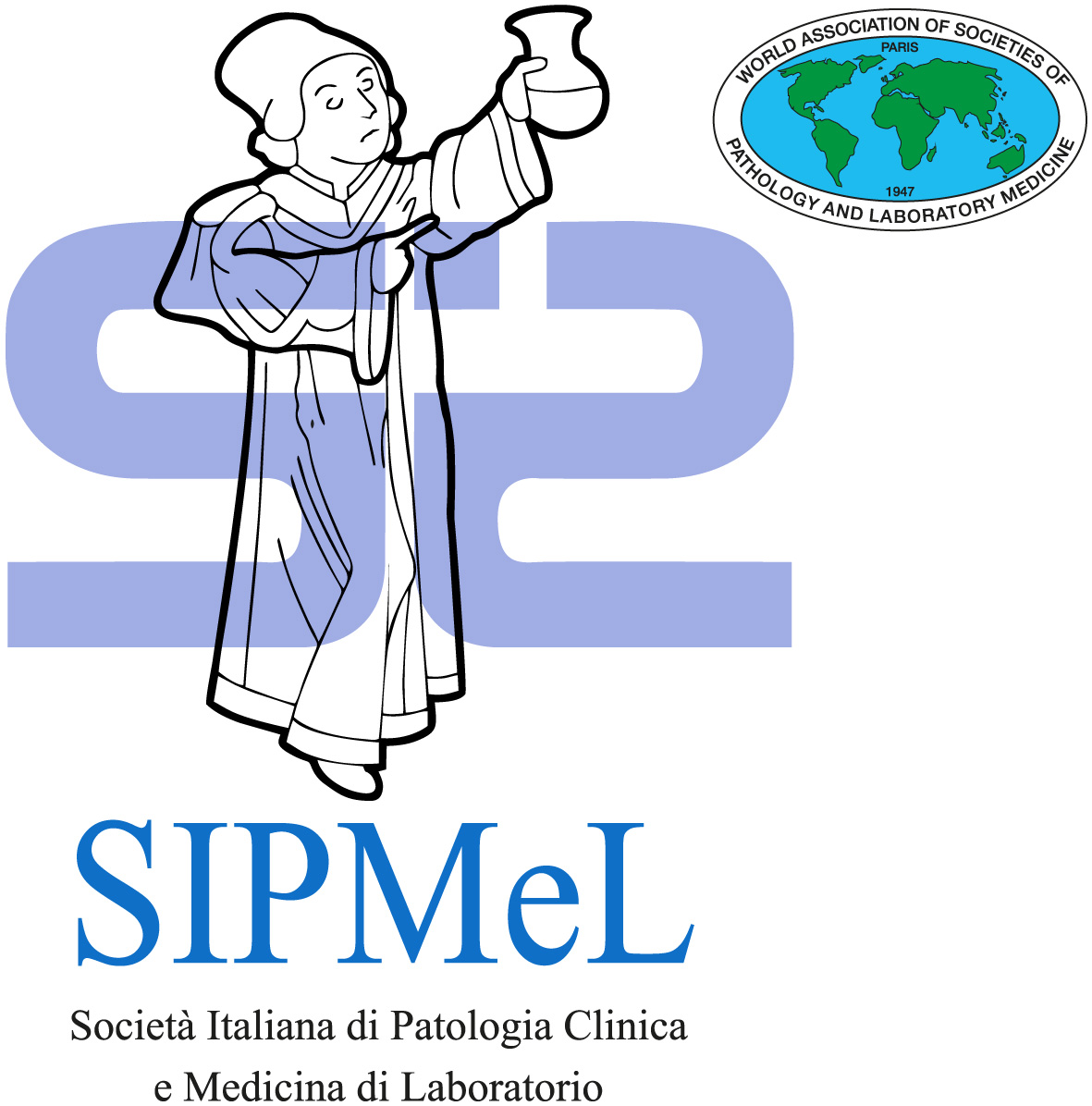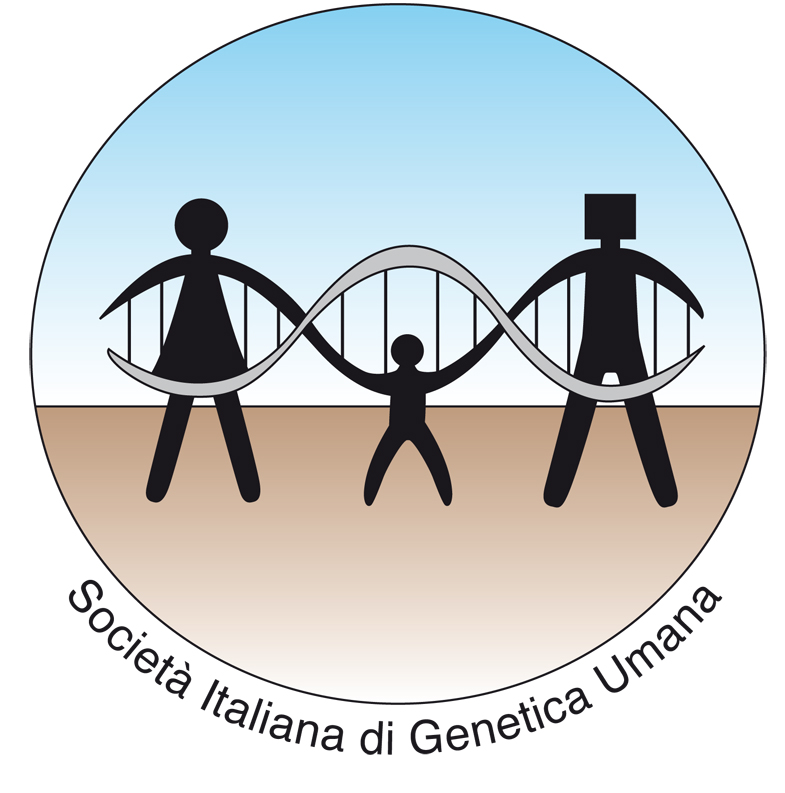
by cristiano | Oct 17, 2018
For screening of Cushing’s syndrome it is recommended to use one of the following three tests: urinary cortisol (at least two 24-hour collections), nocturnal salivary cortisol (two samples on two different days), serum cortisol after overnight dexamethasone 1 mg...

by cristiano | Oct 17, 2018
There is currently insufficient evidence to assess the benefit-harm ratio of screening for thyroid dysfunction in asymptomatic adults. Extensive panels of thyroid function tests used in hospital and, in particular, outpatient settings have been found to be less...

by cristiano | Oct 17, 2018
Clearance (or the volume of plasma from which a given substance – creatinine in the case in point – is completely removed per unit of time) is measured using a mathematical formula comprising four factors: blood creatinine concentration; urinary creatinine...

by cristiano | Oct 17, 2018
HLA-DQ2/DQ8 genotyping is appropriate only in cases of uncertain diagnosis and in subjects with increased risk, like family members of celiac patients (to exclude from subsequent repeated controls the subjects who are negative) and patients with a disease implying an...

by cristiano | Oct 17, 2018
According to national and international recommendations and guidelines, testing should not be performed outside of specific medical conditions, e.g.: episodes of venous thrombosis at an early age or the presence of strong familial history, with two or more affected...








Recent Comments